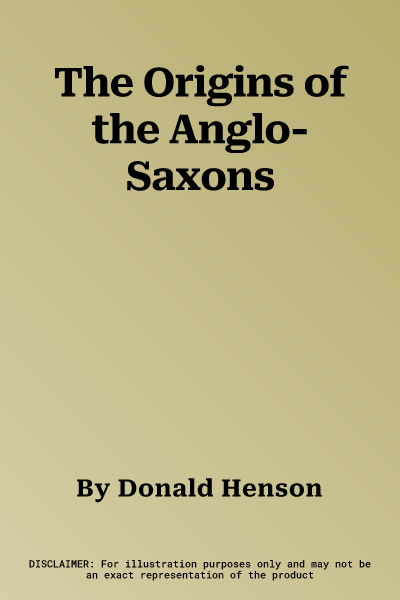By the 4th century AD Britain was witnessing the break down of Roman
identity and by the mid-6th century a number of kingdoms had been
created which paved the way for the Germanic take-over. Frustrated with
other studies of the origins of the Anglo-Saxons which, Donald Henson
argues, are generally over-reliant on archaeological sources and social
theories of change taken from prehistory, share a lack of objectivity
and have tended to polarise the debate regarding this period, he
presents his interpretation of the origins and formation of Anglo-Saxon
identity and ideas of nationhood. Drawing on sources and ideas from
archaeology, social anthropology, sociology, history, language and
literature, his study is a thematic examination of ethnic markers rather
than a history of events. In studying ethnic markers such as kinship,
origins, name, land, language, religion, material culture, myths and
legends, and social and political structures, he examines what happened
to ethnic identity after the withdrawal of the Romans and attempts to
reconcile the importance of continental connections and migrations on
the one hand and the desire to hold on to existing ethnic markers on the
other. A number of subjects and sources are dealt with in more detail in
the appendices including a discussion of rulers outside of Britain,
early Anglo-Saxon kingdoms, a chronology of Anglo-Saxon material
culture, Germanic and British place names, sources on Arthur, a timeline
406-634, and a list of key sources of the period.

